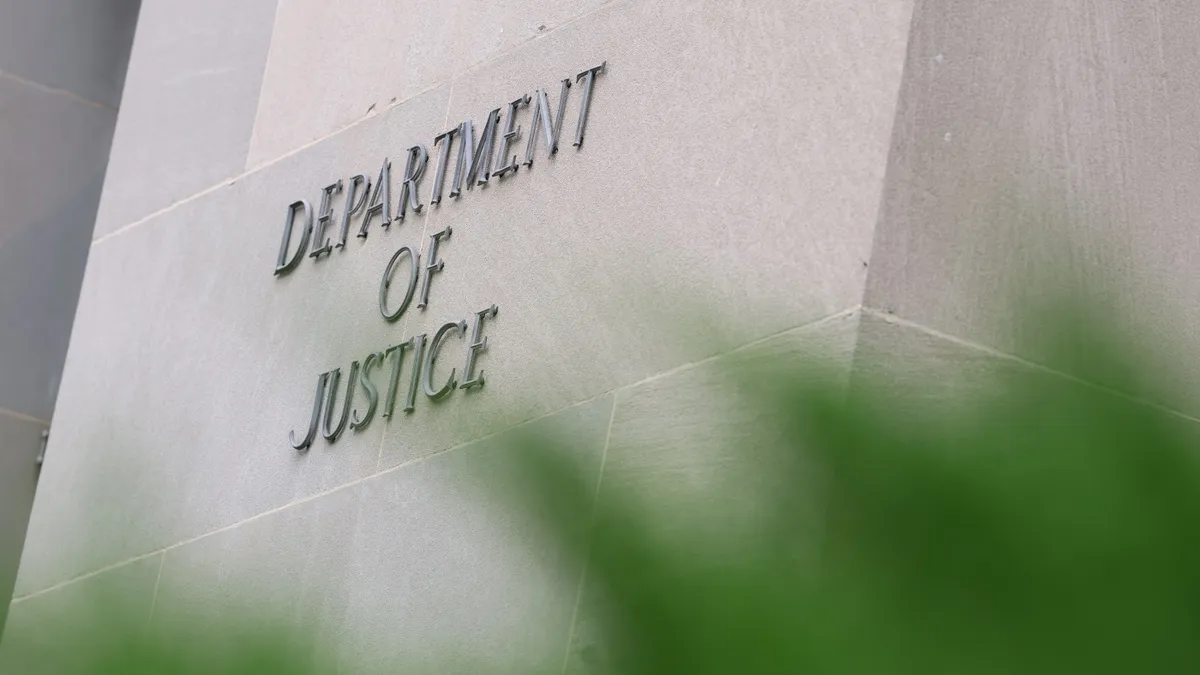
A federal judge has dismissed a significant lawsuit filed by the Justice Department against all federal judges in Maryland. The ruling, delivered by U.S. District Judge Thomas Cullen from Roanoke, Virginia, highlighted the case's deviation from established legal precedents and the fundamental principles of the rule of law.
The lawsuit accused all 15 federal district court judges in Maryland of exceeding their authority. This accusation stemmed from the judges' imposition of a temporary 48-hour freeze on deportations for migrants who challenged their detention. The Trump administration contended that this judicial action violated the law and represented an overreach of judicial power.
In his ruling, Judge Cullen dismissed the Justice Department's assertions, stating that the appropriate course of action would have been for the DOJ to appeal specific decisions rather than to sue the entire bench. He articulated that the current judicial controversy reflects an unusual moment in the ongoing relationship between the Executive and Judicial branches of government. In his opinion, he noted, "It's no surprise that the Executive chose a different, and more confrontational, path entirely, by choosing to sue."
Judge Cullen emphasized that the dispute between the judiciary and the executive cannot be resolved through such a lawsuit. He asserted that allowing such actions would contradict extensive legal precedents, undermine constitutional traditions, and violate the rule of law. His decision reinforces the importance of maintaining a clear separation of powers within the federal government.
In response to the lawsuit, the federal judges enlisted the expertise of Paul Clement, a prominent Supreme Court advocate and former solicitor general under President George W. Bush. Clement argued that the DOJ's decision to sue judges represents an unprecedented action against a co-equal branch of government. He stated, "There really is no precursor for this suit," underscoring the unique nature of the case.
The federal judges received substantial support from various legal entities, including the Maryland State Bar Association, multiple law firms, and 11 retired federal judges. Furthermore, former jurists associated with the nonprofit Keep Our Republic's Article III Project publicly expressed their support for the judges involved in the lawsuit. Retired federal judge Philip Pro, appointed by President Ronald Reagan, remarked on the reasonableness of the judges' actions, stating, "A two-business-day extension is such a reasonable and brief period that I don't think it could frustrate any executive powers."
This ruling marks a pivotal moment in the ongoing dialogue between the executive and judicial branches of the U.S. government. It reinforces the principle that disputes between these branches should adhere to traditional legal pathways rather than confrontational lawsuits against judicial officers. The outcome serves as a reminder of the enduring importance of the rule of law and the separation of powers in the American legal system.